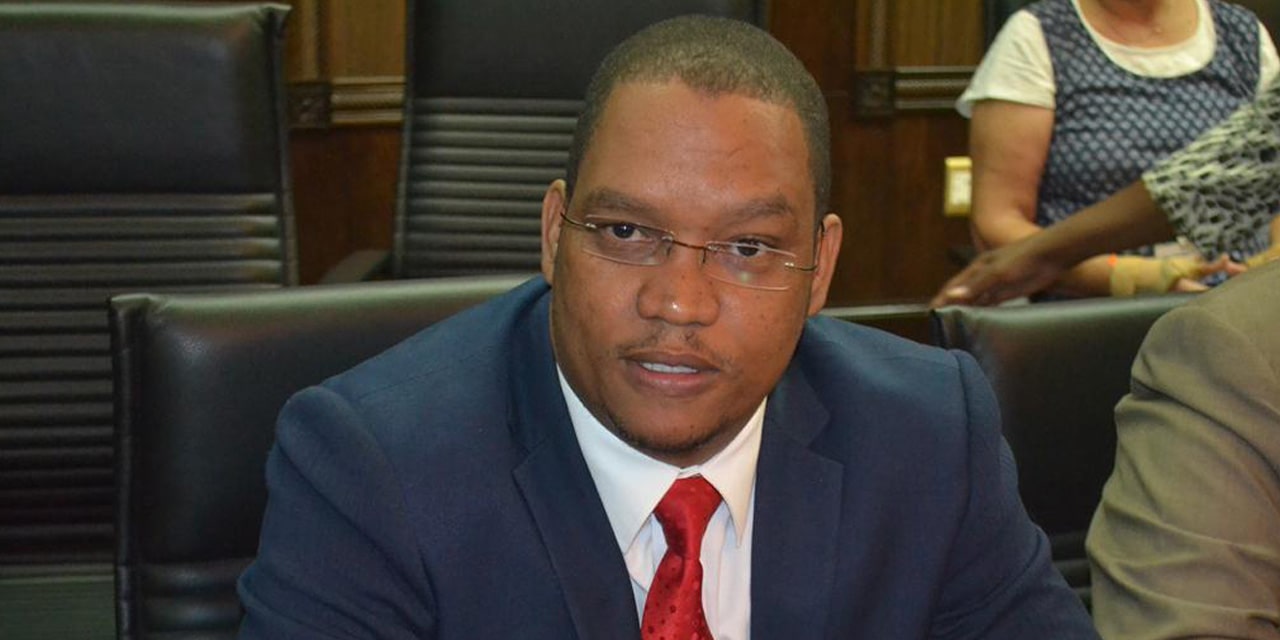Andrew Kathindi
Landless People Movement (LPM) leader Bernard Swartbooi has urged communities affected by the 1904-1908 Nama and Ovaherero genocide committed by Germans to form their own technical negotiating team, independent of the Namibian government.
This comes after government earlier this week announced that while the €10 million offer made by Germany’s negotiating team was not enough, the reparation funds will eventually be used for costed projects from seven identified regions in the country.
The regions are //Kharas, Hardap, Khomas, Kunene, Omaheke, Otjozondjupa and Erongo.
“The affected communities must now wake up and stop just demanding to want to be on the table negotiating with the Germans on the side of Namibia and the government. The affected communities must organise themselves at a higher level, set up joint technical negotiation team, start to put figures together. Stop internal politicing and submit a proposal to the German authorities,” said Swarbooi.
According to a statement from the Office of the Presidency earlier this week, the Special Committee on reparation negotiations directed the Technical Committee (TC) to work with the National Planning Commission to identify costed projects which will be in the fields of water provision, rural and peri-urban electrification, road network construction, housing, education, vocational training, value addition, agricultural development and land acquisition.
The opposition party leader however said that there is no evidence that government has engaged the affected communities to verify if those are indeed the needs of the people. He further noted that these projects would not cover the diaspora that live in Botswana, America and other places.
“We are told that the projects will be implemented in those regions where the affected communities predominantly reside. Those are not the only regions where the affected communities exclusively reside. In other words, this money that will be used to finance certain projects will also benefit, for instance, the Germans who are descendants of those who committed these atrocities.”
Furthermore, Swartbooi called the Namibia government, which chairs the negotiations, a proxy meant to allow Germany to continue denying genocide.
According to latest briefing on the negotiations between the two countries, the German government still refused to admit to the term genocide and also refused the phrase reparations, consistently opting for the term “healing the wounds”.
“No traditional authority, chief or affected community members have ever written a letter authorising government to negotiate on the question of genocide on their behalf. There is no record, letter or agreement that this government should negotiate on their behalf. In other words, there is no power of attorney,” said Swartbooi.
“That means that if government stands without power of attorney, it cannot be recognised as a legal arrangement to be respected by the affected communities. Nothing can be done for them without them.”
Secretary General of the Ovaherero Traditional Authority (OTA), Mutjinde Katjiua declined to comment as he said the OTA is preparing a statement on the matter.




